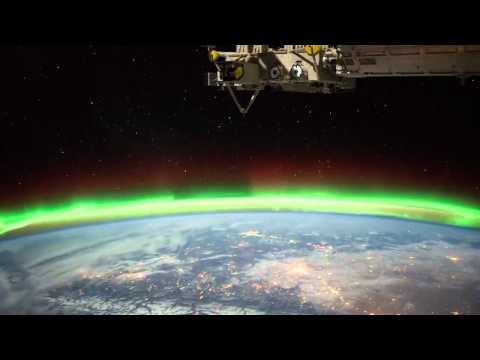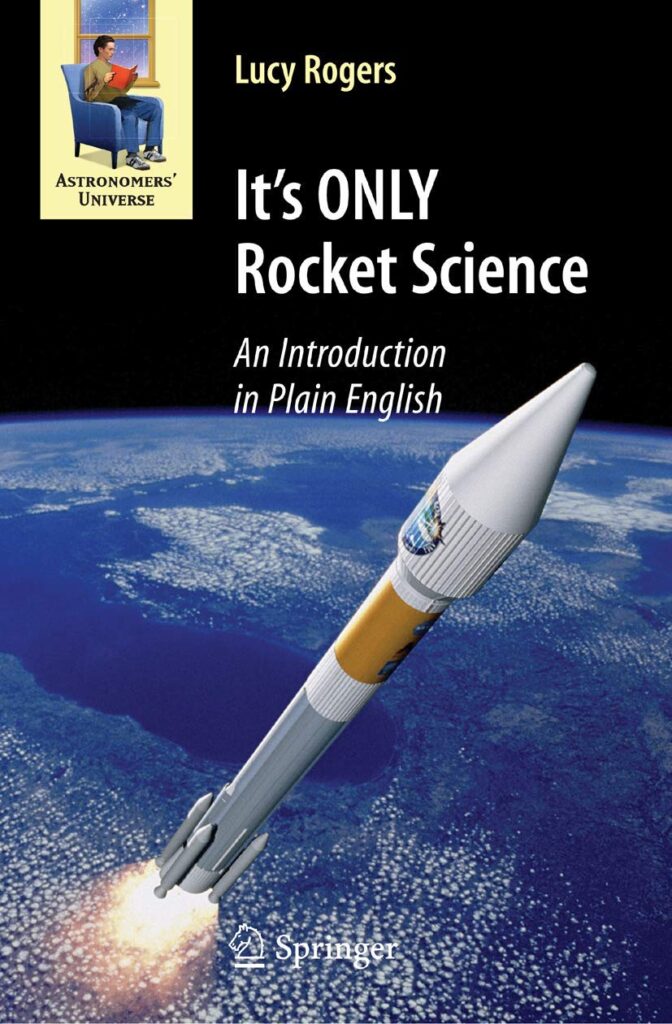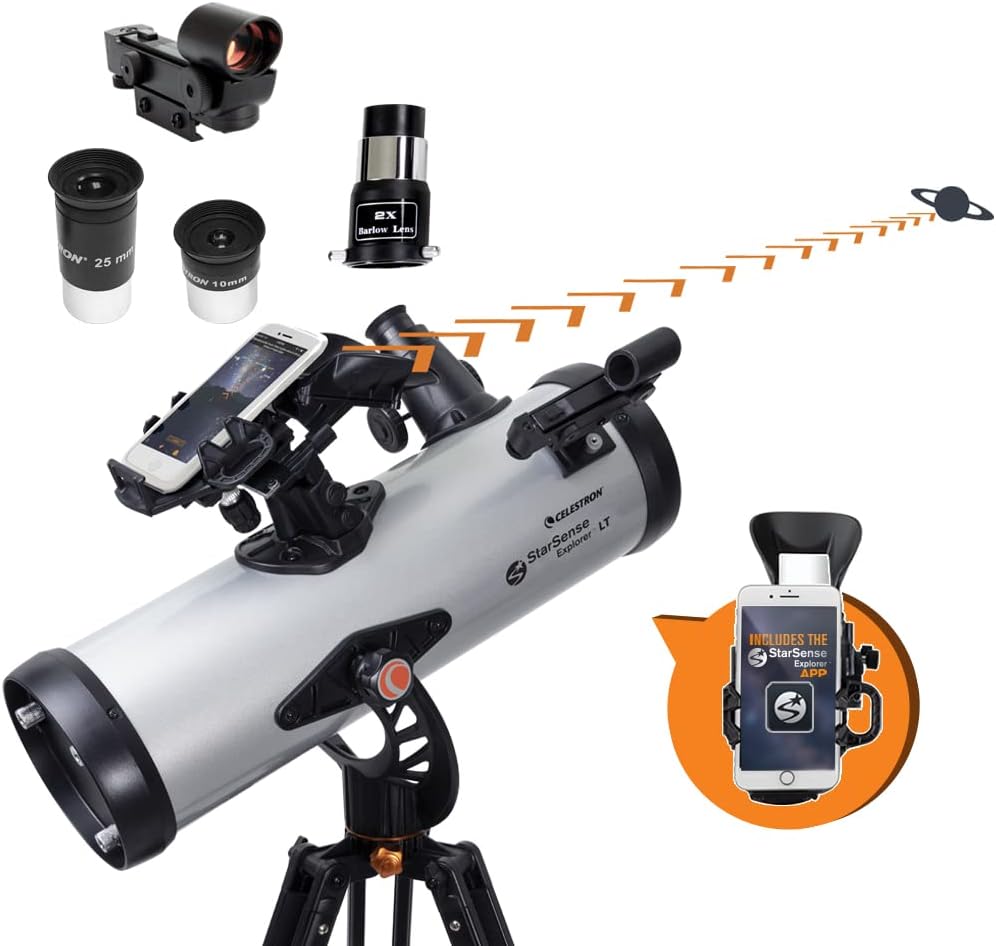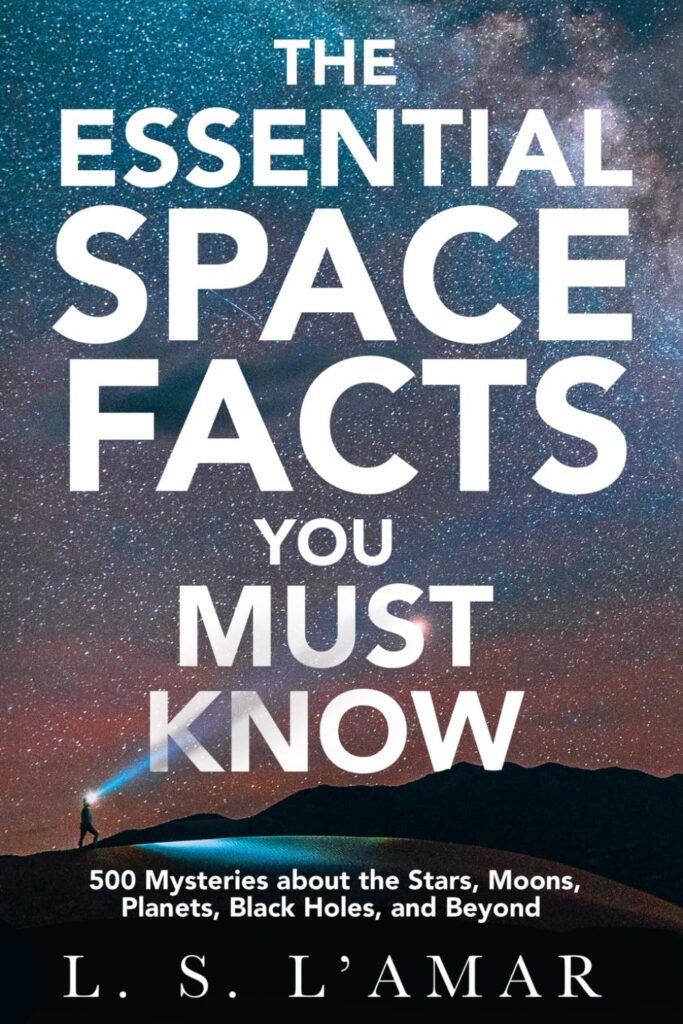Cleaning Up Our Cosmic Mess: The Race to Remove Space Debris
As humanity continues to explore and utilize space, the issue of space debris has become a growing concern. With thousands of satellites in orbit, along with discarded rocket stages, defunct spacecraft, and other debris, our cosmic backyard is becoming increasingly cluttered. This poses a significant risk to active satellites and spacecraft, as even a small piece of debris traveling at high speeds can cause catastrophic damage.
In recent years, several companies and organizations have taken on the challenge of cleaning up our cosmic mess. One such company is Astroscale, a Japanese startup that is developing a spacecraft equipped with a magnetic docking system to capture and de-orbit space debris. Their technology has already been successfully tested in space, demonstrating the feasibility of capturing and removing debris from orbit.
Another company leading the charge in space debris removal is ClearSpace, a Swiss startup that was recently awarded a contract by the European Space Agency to launch a mission to remove a piece of debris from orbit. The mission, scheduled for 2025, will see a robotic spacecraft capture and de-orbit a piece of debris left over from a European Vega rocket launch.
In addition to private companies, government agencies are also getting involved in the effort to clean up space. NASA, for example, has been working on a project called the Space Debris Removal (SDR) program, which aims to develop technologies for capturing and removing debris from orbit. The agency has also collaborated with other countries on initiatives such as the Space Debris Mitigation and CleanSpace One projects.
While progress is being made in the race to remove space debris, the task is still daunting. There are estimated to be over 23,000 pieces of debris larger than 10 cm in orbit, along with millions of smaller pieces that pose a threat to satellites and spacecraft. The risk of collisions in space is only expected to increase as more satellites are launched and more debris is generated.
Efforts to clean up space debris are not only important for protecting our current satellites and spacecraft, but also for ensuring the long-term sustainability of space exploration. If left unchecked, the problem of space debris could eventually render certain orbits unusable, making it more difficult and costly to operate in space.
As we continue to push the boundaries of space exploration, it is crucial that we also take responsibility for cleaning up after ourselves. The race to remove space debris is a challenging and complex task, but it is one that is essential for the future of space exploration. By working together, both public and private entities can make a significant impact in cleaning up our cosmic mess and ensuring a safe and sustainable future in space.













